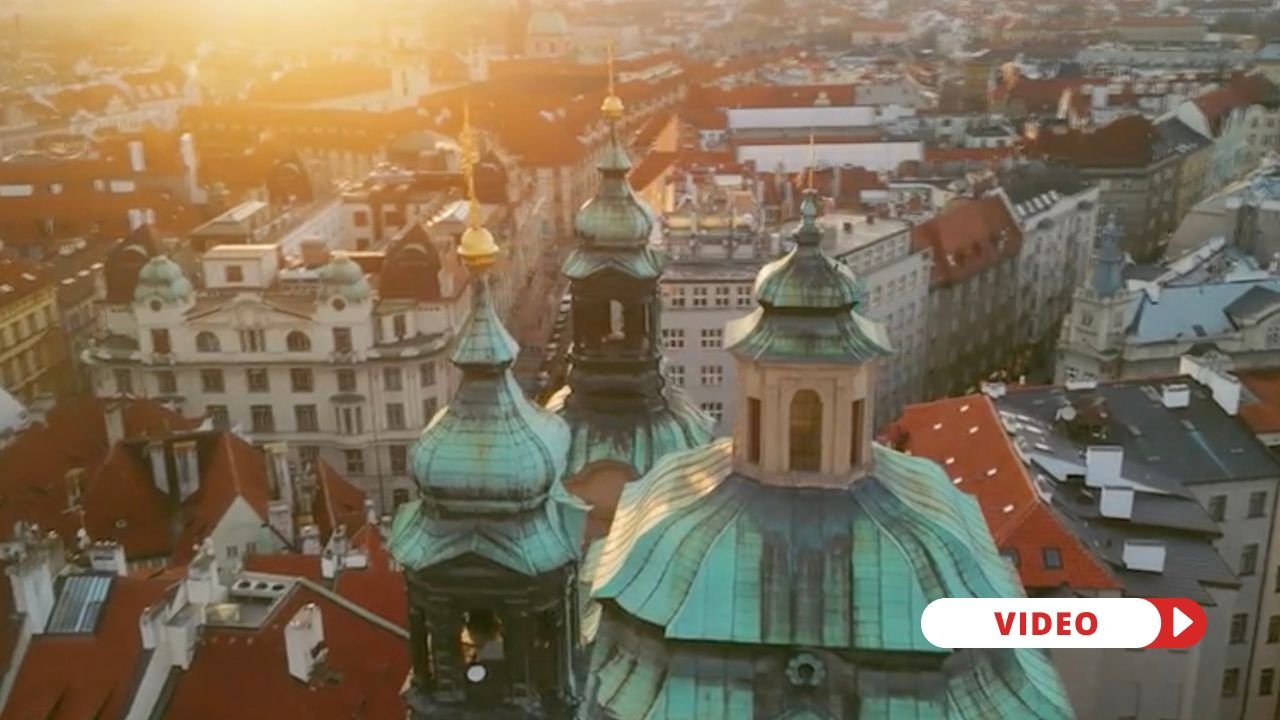To strengthen dialogue between the Church and society across Europe, the Holy See relies on the Commission of the Bishops’ Conferences of the European Community (COMECE). Bringing together bishops’ representatives from EU member states, COMECE serves as a bridge between the Church and European institutions, offering guidance on social, ethical, and cultural issues shaping public life.
Secularization of Europe and the Church in Dialogue
Shortly after his election, Pope Leo met with a COMECE delegation on May 23, underscoring the importance of this mission. In a time marked by rapid secularization, individualism, and cultural change, COMECE works to support bishops in engaging society and promoting a renewed sense of community across the continent.
Bishop Mariano Crociata, President of COMECE, spoke about the challenges facing Catholic communities today and the signs of hope emerging across Europe:
“One of the tasks of the Commission — our Commission — is indeed to engage in dialogue with the Institutions, but also to bring back to our Bishops’ Conferences what we observe here within the broader dynamics of the European Union. From this perspective, addressing individualism is one of our most important responsibilities. Yet I would say this goes beyond the work of the Commission itself, because the life of the Church, by its very nature, fosters community — it helps communities grow.
“So even the many bishops who are not part of the Commission, though they may hear about these discussions only occasionally and with some difficulty, are in fact already engaged in this mission: building communities and relationships grounded in the experience of faith.
“Of course, greater cultural awareness of this issue could provide a stronger impulse — and it is our commitment to promote this vision. The conviction that without relationships and community we cannot move forward is essential, because even our own mission is deeply affected when these are lacking.”
At the heart of COMECE’s work is a reminder that Europe’s future depends on rebuilding relationships and strengthening community — something the Church has always sought to nurture.
In several parts of Europe, parishes are reporting unusually high numbers of baptisms and a renewed interest in the faith. This raises an important question about how the Church can accompany these developments.
Grace Camara, of EWTN Low Countries, recognized “we’re seeing across the board in Europe record numbers of baptisms. There’s a renewed sort of Catholic revival in some countries in France, also in the UK, we’re seeing that. How can we capitalize on that and make sure that we’re really encouraging more people to come towards the Church and to seek answers from the Church, rather than this secularization that we’ve seen in the last few decades?”
Bishop Crociata describes a Europe divided between enduring traditions and growing secular indifference — yet still marked by a deep spiritual longing. “I would describe the situation this way: on the one hand, especially in the countries of central and southern Europe, there remains a Christianity rooted in tradition — it still endures, even though there are clear signs of crisis. There is a need to foster greater awareness and understanding. Elsewhere, however, a more secularized outlook prevails: people are distant, disengaged. More and more individuals not only refrain from practicing their faith, but do not even consider, at least explicitly, religious questions.
“On this point, I would note two things. The first, as you mentioned, is that there are new stirrings — different kinds of movements and energies — and there are many of them.
“Yet it is also easy to see, in certain situations, signs in people’s lives that reveal a deeper longing, a sense of needing something more. Modern men and women are often absorbed in material life, focused on the present. But there are moments — and not only in times of suffering or tragedy — when they feel, when they understand, that this cannot be all there is, that there must be something beyond. And that awareness must not be overlooked or forgotten.”
For COMECE, these “moments of awakening” are opportunities: signs that, despite secularization, Europe’s search for meaning is very much alive.
Adapted by Jacob Stein. Grace Camara contributed to this article. Produced by Alexey Gotovskiy; Video Edited by Ilaria Chimenti; Special thanks & Credits to EWTN Belgium
